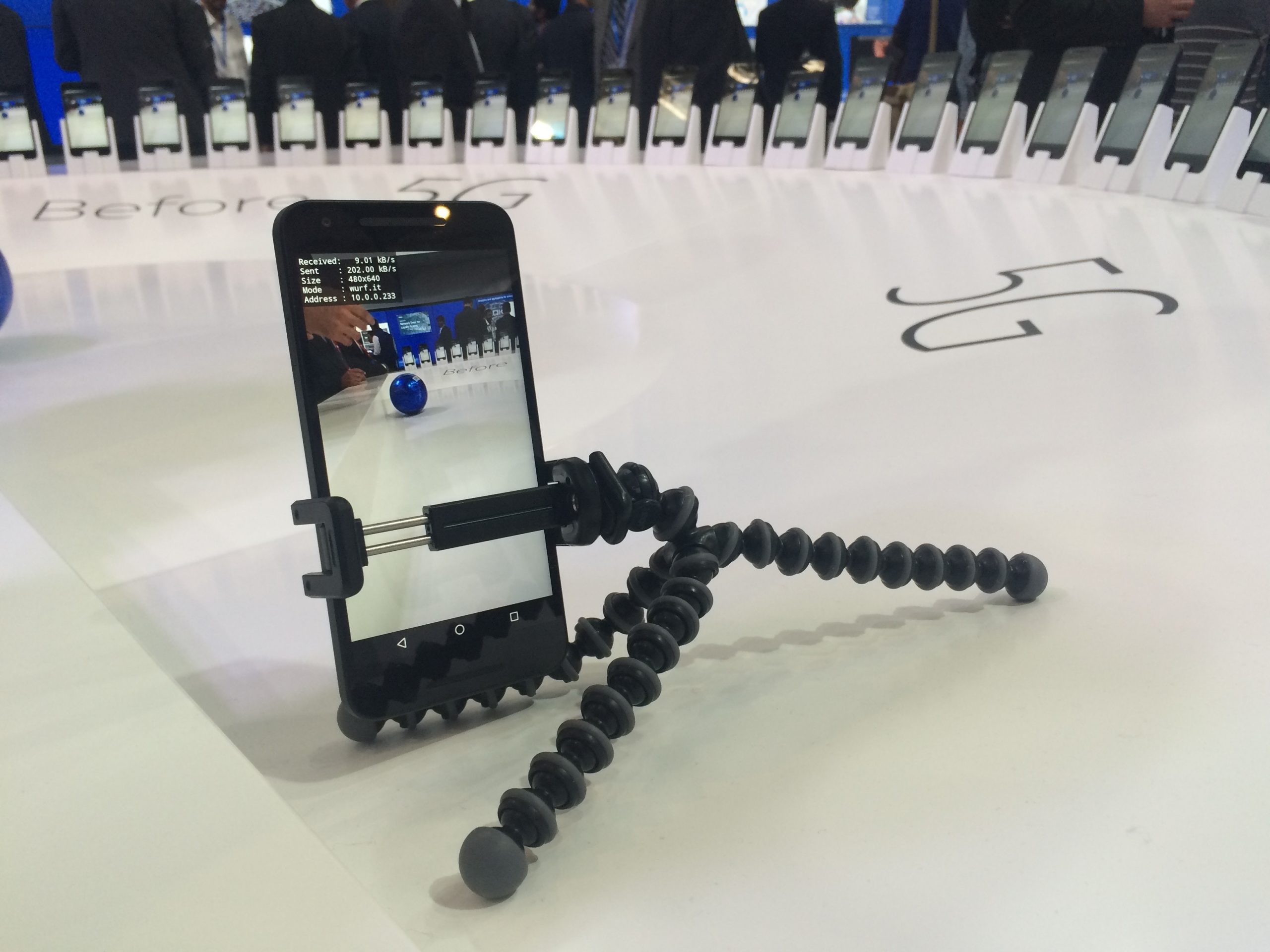The prime minister has asked “what’s the alternative?” after the UK government was warned by the US it would be “madness” to let Huawei develop the nation’s 5G network.
Boris Johnson insisted he will not risk Britain’s national security when deciding if the Chinese technology giant will be allowed to upgrade the UK’s 5G communications network.
In his first public interview of 2020, Johnson told BBC Breakfast: “The British public deserve to have access to the best possible technology. We want to put in gigabit broadband for everybody. Now if people oppose one brand or another then they have to tell us what’s the alternative.”
US gives UK ‘incendiary dossier’ about Huawei risk
Senior US officials arrived in the UK to warn ministers it would be “nothing short of madness” to allow the Chinese giant – who US regulators formally classified as a national security threat in May 2019 – to provide the technology and infrastructure for the UK’s 5G network.
President Donald Trump’s national security advisor Matt Pottinger presented UK ministers with what the Guardian describes as “an incendiary dossier” detailing the security risks of using Huawei’s technology in the UK’s communications network.
Trump’s administration has repeatedly warned using Huawei would lead to a review of intelligence sharing between the US and UK, and Johnson told the BBC: “I don’t want, as the UK prime minister, to put in any infrastructure that is going to prejudice our national security or our ability to cooperate with Five Eyes intelligence partners [described as the “world’s most complete and comprehensive intelligence alliance” between the UK, Canada, the US, New Zealand and Australia].”
Australia outlawed Huawei from its 5G network last year and in December Huawei launched legal action against US regulators, asking the US Court of Appeal to overturn a decision to classify the company as a national security threat.
“The US government has never presented real evidence to show that Huawei is a national security threat,” said the company’s chief legal officer, Song Liuping. “That’s because this evidence does not exist.”
‘To all intents and purposes Huawei is part of the Chinese state’
Conservative MP Bob Seely called for an immediate investigation by parliament’s Foreign Affairs Committee into Huawei’s suitability to work on the 5G network having warned it would give the Chinese government access to the UK’s communications network.
He said Huawei “to all intents and purposes is part of the Chinese state”.
However, the head of MI5 Andrew Parker shrugged off the risks and told the Financial Times he had “no reason to think” intelligence sharing between the NATO allies would be threatened – comments interpreted by the Guardian, as “suggesting that Britain was poised to give the Chinese company the go-ahead.”
5G decision is a ‘matter of urgency’
The decision on using Huawei for the UK’s 5G network was postponed in July 2019 when then culture secretary Julian Wirght said the government was “not yet in a position” to decide whether or not to use the Chinese company’s technology.
“We will do so as soon as possible,” Wright told the House of Commons, weeks after the US cited national security concerns to explain its decision to ban sales of components and tech to Huawei (and 68 other companies) on May 15.
The ban, Wright told the Commons, “could have a potential impact on the future availability and reliability of Huawei’s products, together with other market impacts, and so are relevant considerations in determining Huawei’s involvement in the network”.
A week before Wright’s July statement, MPs told the government a decision on Huawei’s involvement with the UK’s 5G network was “a matter of urgency” and that delays were damaging international relations.
Scandi alternatives to Chinese giant
The BBC reported in July that “UK mobile operators are getting on with the rollout of 5G – all of them using Huawei equipment” and highlighted the risk of them doing so, “because a government ban would mean they had to rip out equipment and start again at great cost.”
The prime minster “is due” to make the final decision about using Huawei “within weeks”, according to the Guardian.
The alternatives he will consider are Finland’s Nokia and Ericsson from Sweden who both already supply equipment to BT, Vodafone and other communications companies’ UK 5G networks – but, Huawei “offers much better value for money” say British phone firms, according to the Huffington Post.
PM: ‘Bung a bob for a Big Ben bong’ for Brexit
The Big Ben bong for Brexit saga made it into the BBC Breakfast interview with the PM responding to the Common’s decision not to ring the bell because it will cost £500,000 to do so – up from £120,000 the Telegraph report, because of the removal of a floor during renovation work that would be have to be re-installed (and then re-removed).
However, Brexiteers have been bolstered in their campaign to get the bell to ring on at 11pm on January 31 to herald the end of the UK’s near 47-year relationship with the European Union.
The prime minister conceded the bong would be “expensive” but suggested crowdfunding could make it happen and gave his backing by calling on the public to “bung a bob for a Big Ben bong”.




